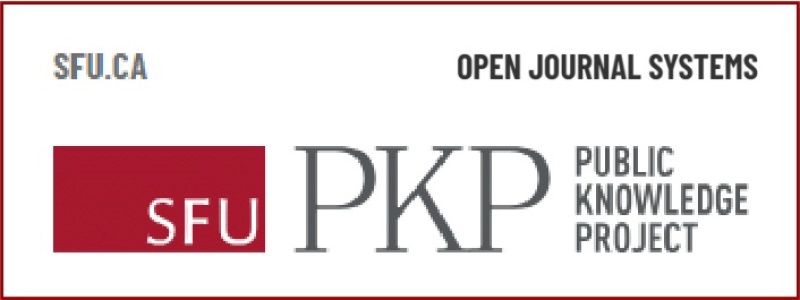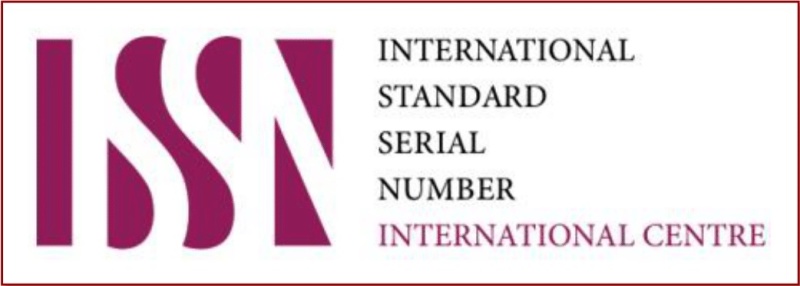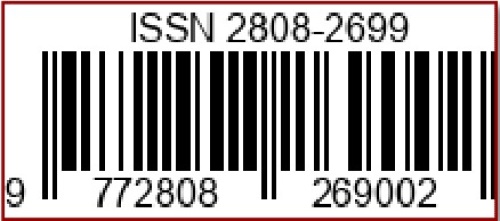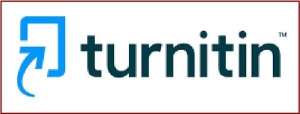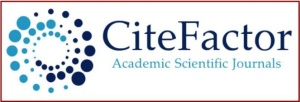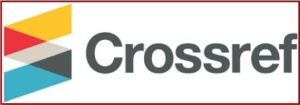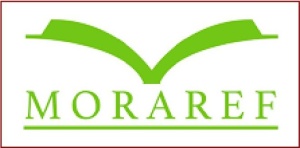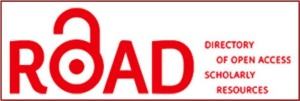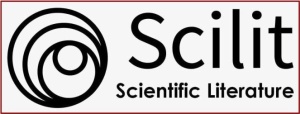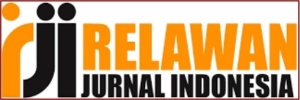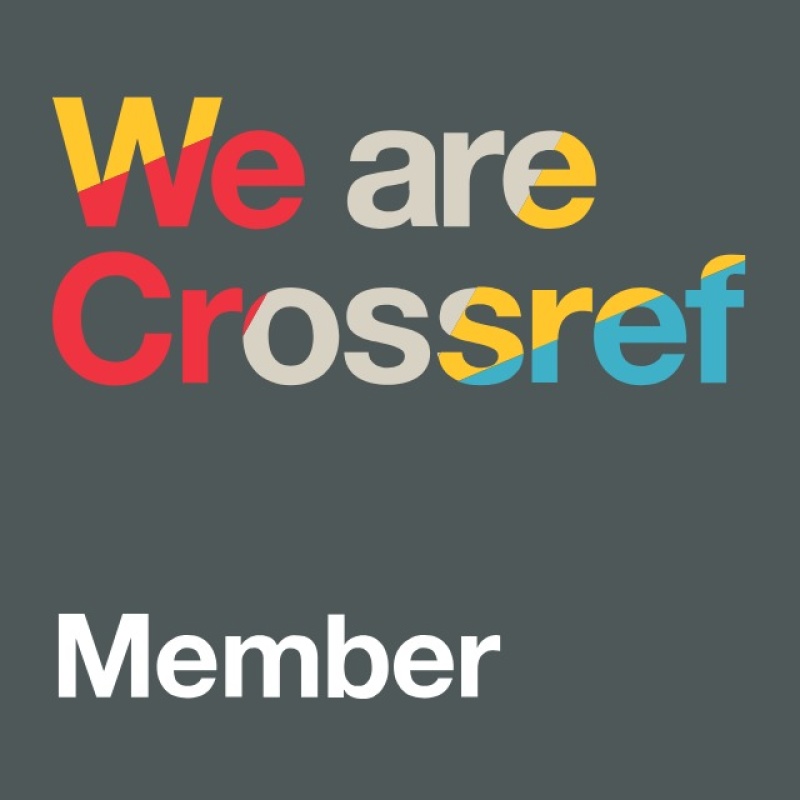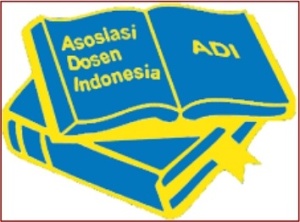Penerapan Model Pembelajaran Project Based Learning (PjBL) dalam Meningkatkan Hasil Belajar Peserta Didik Kelas VIII SMP Negeri 13 Mataram Tahun Pelajaran 2023/2024
DOI:
https://doi.org/10.36312/educatoria.v5i1.376Keywords:
Learning Outcomes, Completion, Classroom Action Research (CAR), Project Based Learning (PjBL), Cycle.Abstract
This Classroom Action Research (CAR) aims to improve student learning outcomes through the application of the Project Based Learning (PjBL) learning model. The research was conducted in two cycles, with each cycle consisting of planning, implementation, observation, and reflection. The results of the study showed that in cycle I, the percentage of students who scored 75 or more was 35%. This shows that the research indicators have not reached the classical completion standard of 75%, because there are still 9 students who have not achieved learning completion. In cycle II, an average score of 81.3 was obtained with the highest score of 90 and the lowest score of 75. The number of students who achieved learning completion was 14 people, or 100% of the total students, so that it has exceeded the minimum classical completion limit of 75%. These results indicate that there has been a significant increase compared to the initial conditions. With all students having achieved learning completion, it can be concluded that the actions taken in this study were effective and succeeded in improving student learning outcomes. Therefore, this Classroom Action Research (CAR) is declared complete at the end of cycle II.
Downloads
References
Acim, A., Maysuri, T., & Sopacua, J. (2024). Pengaruh Penerapan Model Pembelajaran Project Based Learning dalam Upaya Meningkatkan Hasil Belajar pada SMA Negeri 3 Maluku Tengah. JIM: Jurnal Ilmiah Mahasiswa Pendidikan Sejarah, 9(4), 566-580. https://doi.org/10.24815/jimps.v9i4.32918
Aqib, Z. (2010). Penelitian Tindakan Kelas. Bandung: Yrama Widya.
Aqib, Z. (2016). Penelitian Tindakan Kelas untuk Guru SD, SLB, dan TK. Bandung: Yrama Widya.
Arikunto, S. (2013). Prosedur Penelitian: Suatu Pendekatan Praktik. Jakarta: PT. Rineka Cipta.
Chaplin, J. P. (2005). Kamus Lengkap Psikologi. Jakarta: Rajawali Pers.
Dilonia, A., Melki, R. A., & Gusmaneli, G. (2025). Strategi Pembelajaran Inovatif untuk Meningkatkan Kemampuan Berpikir Kritis Peserta Didik. Inovasi Pendidikan dan Anak Usia Dini, 2(2), 07-24. https://doi.org/10.61132/inpaud.v2i2.232
Fathoni, A. (2011). Metodologi Penelitian Teknik Penyusunan. Jakarta: PT. Rineka Cipta.
Kemmis, S., & McTaggart, R. (1988). The Action Research Planner. Victoria: Deakin University Press.
Nugraha, I. R. R., Supriadi, U., & Firmansyah, M. I. (2023). Efektivitas Strategi Pembelajaran Project Based Learning dalam Meningkatkan Kreativitas Siswa. Jurnal Penelitian dan Pendidikan IPS, 17(1), 39-47. https://doi.org/10.21067/jppi.v17i1.8608
Purwanto, P. (2013). Evaluasi Hasil Belajar. Yogyakarta: Pustaka Pelajar.
Putri, N. M., Hakim, L. E., & Ristanto, R. H. (2025). Studi Literatur Penerapan Project-Based Learning (PjBL) pada Pembelajaran Kimia. Ideguru : Jurnal Karya Ilmiah Guru, 10(1), 433-442. https://doi.org/10.51169/ideguru.v10i1.1251
Redhana, I. W. (2019). Mengembangkan Keterampilan Abad ke-21 dalam Pembelajaran Kimia. Jurnal Inovasi Pendidikan Kimia, 13(1), 2239-2253. https://doi.org/10.15294/jipk.v13i1.17824
Siskayanti, W. D., Nurhidayati, S., & Safnowandi, S. (2022). Pengaruh Model Problem Based Instruction Dipadu dengan Teknik Probing Prompting terhadap Kemampuan Berpikir Kritis dan Hasil Belajar Kognitif. Panthera : Jurnal Ilmiah Pendidikan Sains dan Terapan, 2(2), 94-112. https://doi.org/10.36312/pjipst.v2i2.76
Siswadi, G. A. (2024). Implikasi Motivasi Belajar Siswa terhadap Mata Pelajaran Agama Hindu di Tengah Hegemoni Budaya Industri di SMAN 8 Denpasar. Widya Aksara : Jurnal Agama Hindu, 29(2), 156-177. https://doi.org/10.54714/widyaaksara.v29i2.291
Sore, A. D., & Ruspija, E. (2016). Peningkatan Hasil Belajar Siswa Melalui Media Gambar pada Mata Pelajaran Ekonomi Pokok Bahasan Ketenagakerjaan dan Pembangunan di Kelas XI IPS 4 SMA Nusantara Indah Sintang. Jurkami : Jurnal Pendidikan Ekonomi, 1(2), 103-110. https://doi.org/10.31932/jpe.v1i2.236
Sudjana, N. (2010). Penelitian Hasil Proses Belajar Mengajar. Bandung: PT. Remaja Rosdakarya.
Sugiyono, S. (2017). Metode Penelitian Kuantitatif, Kualitatif, dan R&D. Bandung: CV. Alfabeta.
Undang-Undang Republik Indonesia Nomor 20 Tahun 2003 tentang Sistem Pendidikan Nasional. 2003. Jakarta: Pemerintah Republik Indonesia.
Widiasanti, N. M., & Suardika, I. K. (2021). Penerapan Pendidikan Agama Hindu dan Budi Pekerti dalam Membentuk Karakter Siswa. Cetta: Jurnal Ilmu Pendidikan, 4(4), 771-783. https://doi.org/10.37329/cetta.v4i4.3101

Downloads
Published
How to Cite
Issue
Section
License
Copyright (c) 2025 Ni Ayu Putu Padmi

This work is licensed under a Creative Commons Attribution-ShareAlike 4.0 International License.
-
Attribution — You must give appropriate credit, provide a link to the license, and indicate if changes were made. You may do so in any reasonable manner, but not in any way that suggests the licensor endorses you or your use.
-
ShareAlike — If you remix, transform, or build upon the material, you must distribute your contributions under the same license as the original.

